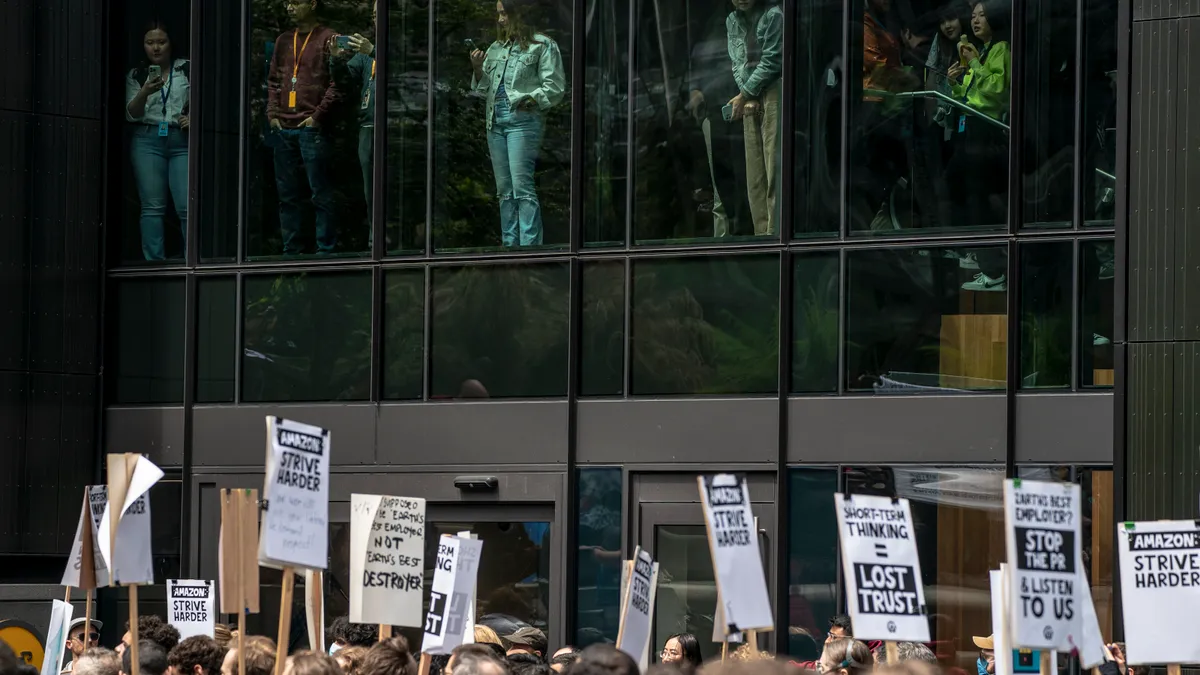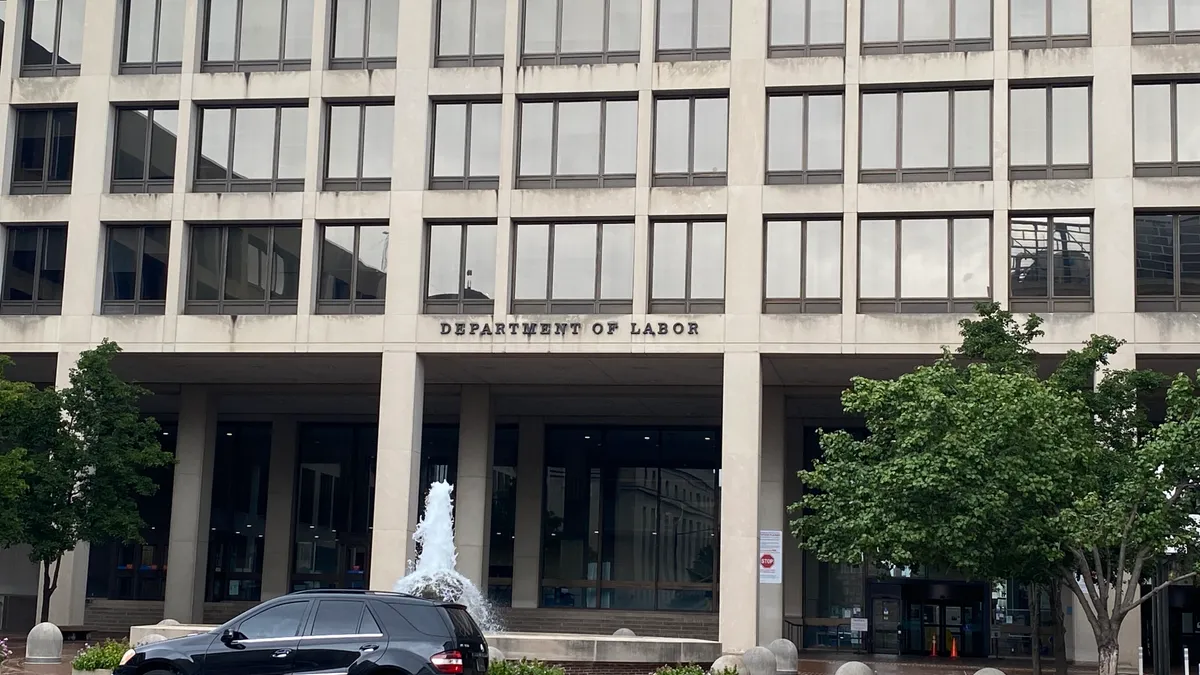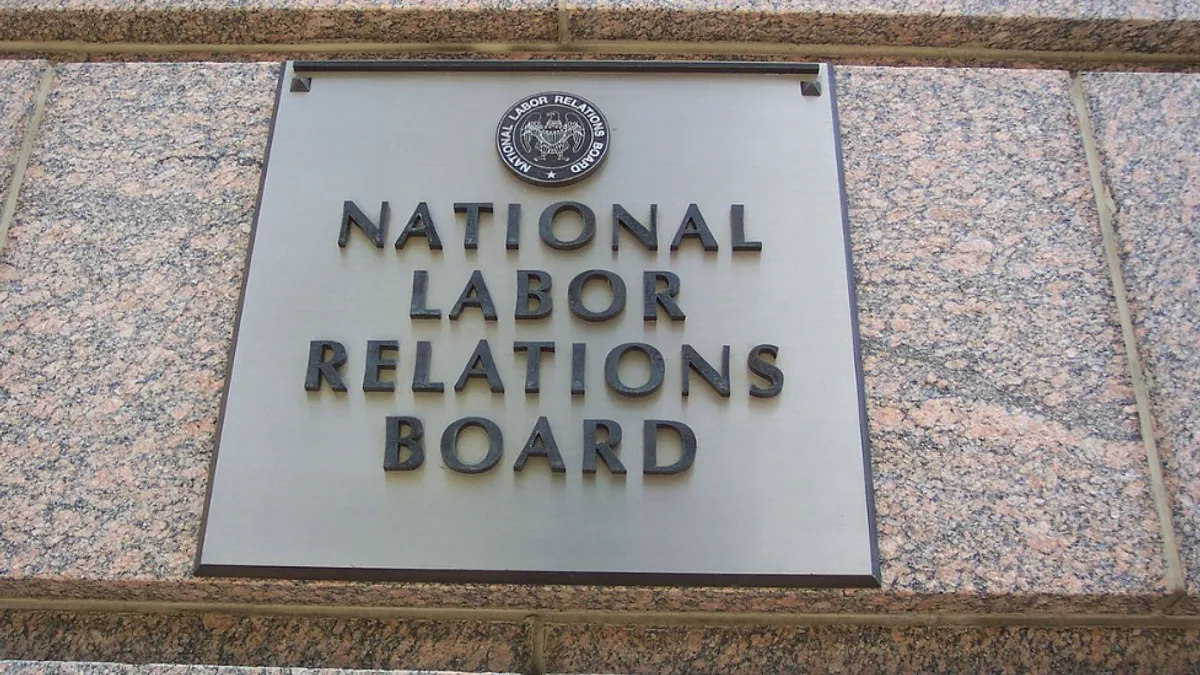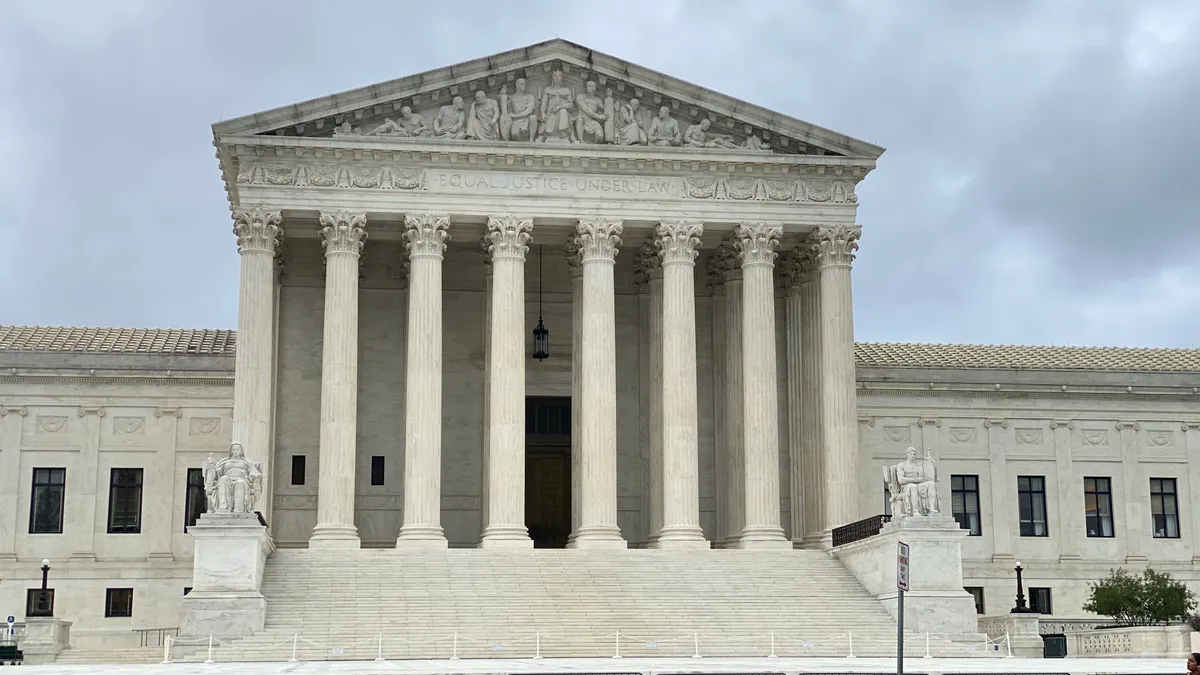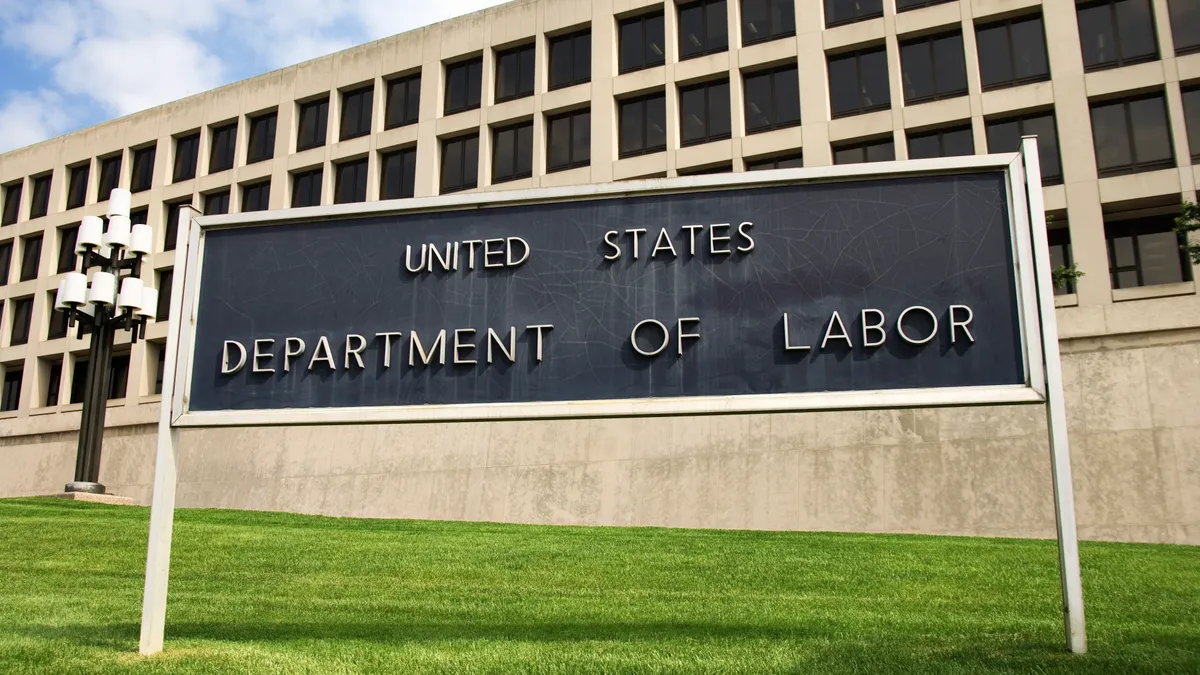The day employers nationwide have been preparing for since the FLSA overtime regulation changes were announced — the dreaded Dec. 1 — has essentially been wiped clean from the calendar.
While many may have felt the pressure lift, questions still remain — especially since those at highest risk likely already made sweeping changes to their wage and hour processes.
So what now?
What the court said
Judge Amos Mazzant of the U.S. District Court in Sherman, TX, took issue with the way the rule treated the white-collar exemptions within the original overtime law.
"The court held that Congress intended the white-collar exemptions to turn on an employee's duties, performance, and conduct, not on his or her salary," Ryan Glasgow, partner at Hunton & Williams LLP, told HR Dive. Essentially, Mazzant ruled that by more than doubling the salary level, the DOL went outside of its bounds as allowed by Congress in changing the rule.
Currently, the injunction is only preliminary and not permanent, and is meant to put a stay on the rule until a "merits determination" is made. A permanent injunction is not yet a given, Glasgow said, but noted that the injunction opinion sends "strong signals" that the courts may rule in favor of one.
Naturally, the DOL is considering "all its legal options," the department announced in a statement. Litigation will likely drag out until President-elect Donald Trump takes office.
"That means that Mr. Trump and his hand-picked Secretary of Labor will have a lot to say about whether the DOL will continue to pursue the rule in one form or another," Glasgow said. We researched who are currently the top picks for DOL, which you can find here.
Undoing everything may not be an option
At an employer level, many will now be questioning whether they need to rollback adjustments they may have already made. No simple matter.
David Lewis, president and CEO of OperationsInc, an HR outsourcing and consulting firm, noted that proper communication will be key. With the law on hold, some employees may no longer receive an increase — an obvious source of anger and frustration, and dangerous for company morale.
Some companies may opt to simply move ahead with the proposed increases in order to keep the peace, especially if the company decides that reversing course wouldn't be worth the trouble, Lewis said.
"Communication of any decision needs to be strategic, carefully crafted and well executed," he added. "Poor handling could be met with anger, frustration and even some resignations."
A key way to keep communication open is to make it clear that the changes are merely being made in order to stick to the letter of the law, and not due to the Trump administration or any political views.
The impact on small businesses
Small businesses widely came out in support of the ruling. The National Association for the Self-Employed said in a statement that it is pleased with the ruling.
"The basic fact is that if the DOL would have evaluated the impact on small businesses and the overall economy, they would have found that it would have impacted them both negatively," said Katie Vlietstra, Vice President for Government Relations and Public Affairs.
Opponents of the rule often brought up small business in their concerns. Some asked for exemptions for small businesses so that they could better cope with the sudden change. In fact, many small or micro-businesses hadn't shared a single communication about the rule changes to employees, experts at ComplyRight told HR Dive.
"Of 786 owners and operators of very small businesses polled by ComplyRight in September (most under 20 salaried employees), 82% hadn't shared an employee communication on the new law," the company noted in a statement. That signals employers were either confused about how to make the right changes or simply didn't know such changes were coming.
What's next?
The president-elect has not said much on the matter of the overtime rule, though he and the GOP did support exemptions for small business in particular.
The current block on the rule "also means that the economy may avoid the significant job loss that could be expected from implementation of this rule," Jesse Panuccio, partner in Foley & Lardner's Labor & Employment practice, told HR Dive.
However, even detractors of the rule note that its intent was to provide an update to a rule that largely hasn't been touched for around 20 years. Lewis noted that the law was specifically intended to protect individuals who were "managers" being paid a smaller fixed salary even though they worked well over 40 hours per week.
"This needs to be considered when any business who sees this news is weighing their options and possible decision to remove an increase or cancel a plan to reduce one's work schedule," he added.





